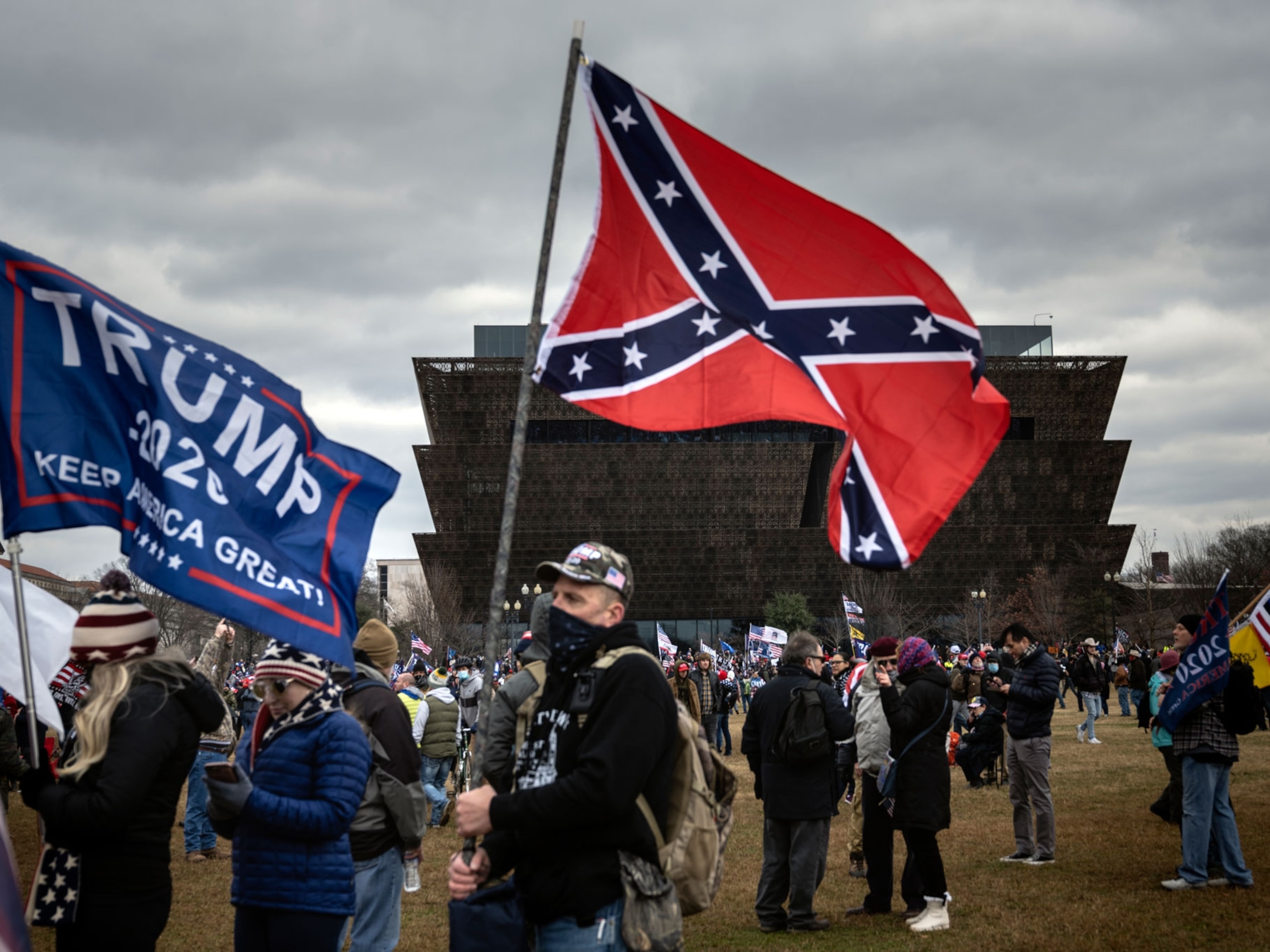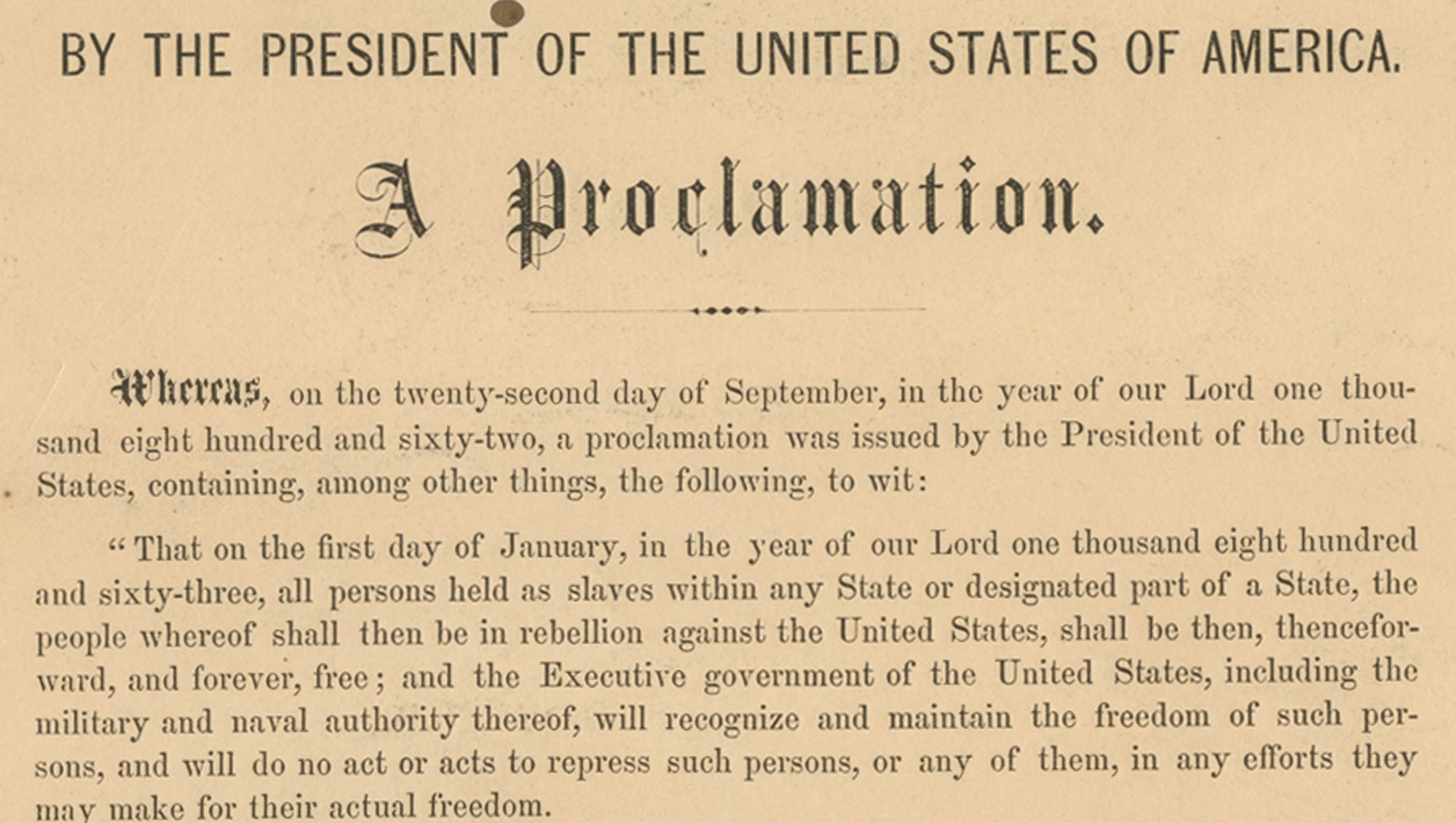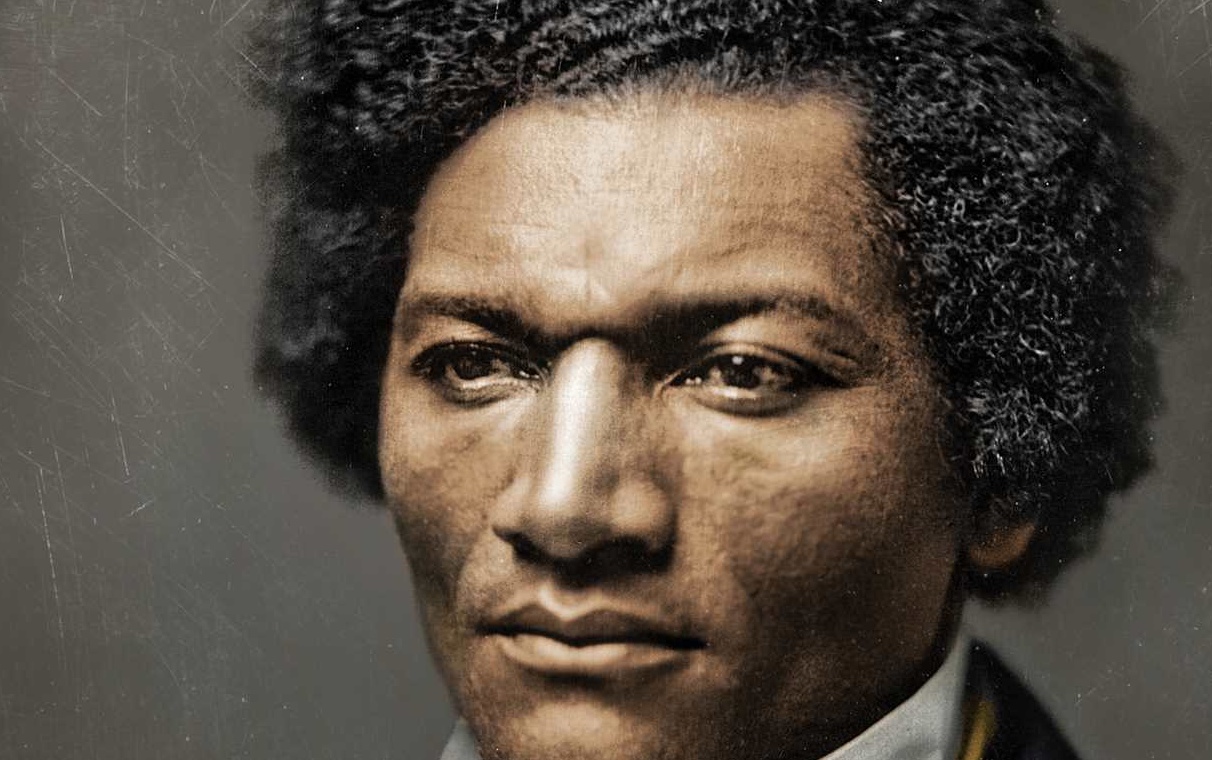Confederate Flag

The confederate flag is associated with slavery, racism, and white supremacy, and its use is divisive in American society.
The Confederate flag is a symbol that represents the Confederacy during the American Civil War. It consists of a blue cross with white stars on a red background. This flag is associated with slavery, racism, and white supremacy, and its use is divisive in American society.Read More »Confederate Flag





